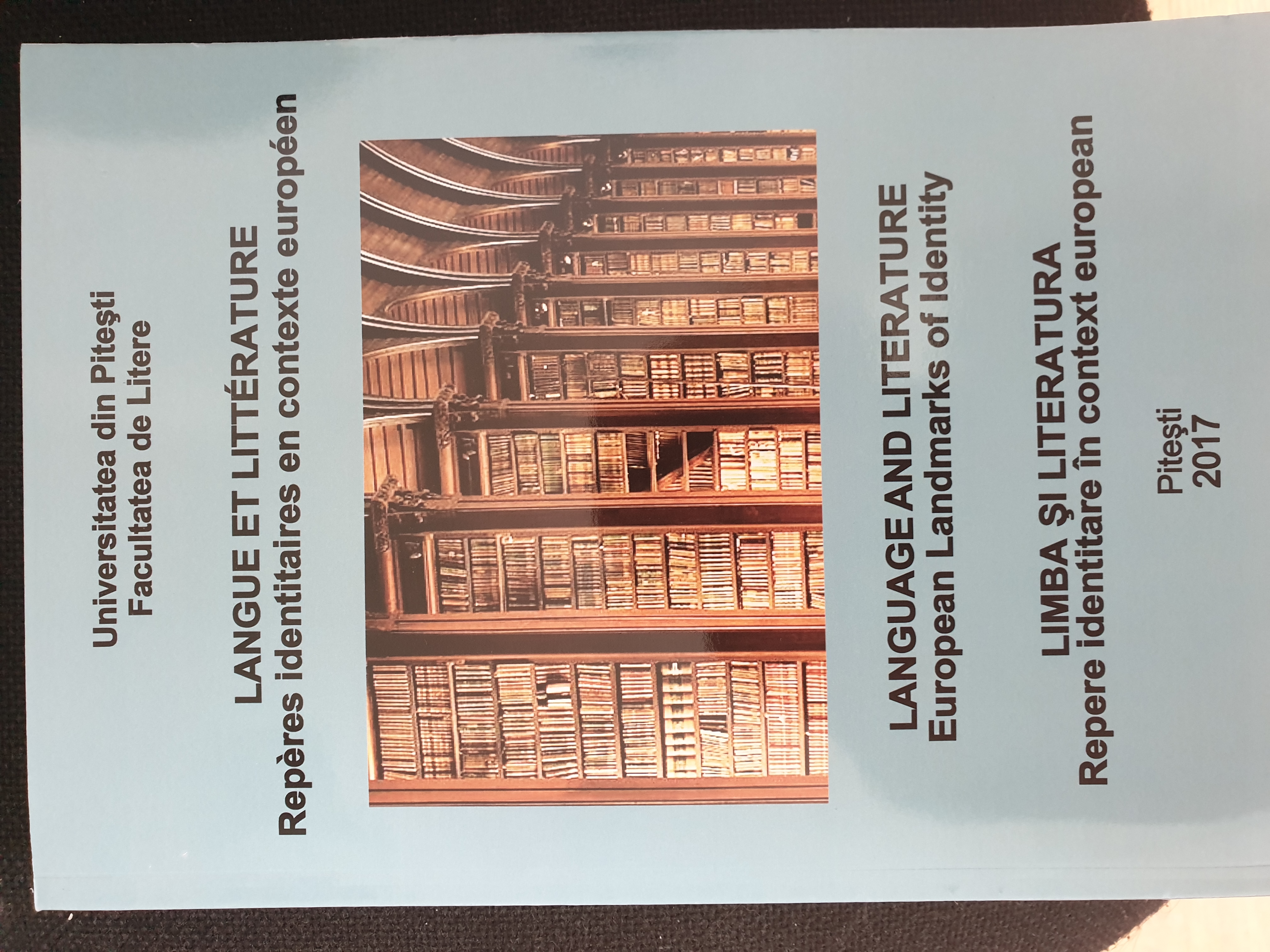FEMINISMUS UND LITERATUR IN DEUTSCHLAND
FEMINISM AND LITERATURE IN GERMANY
Author(s): Olga KaiterSubject(s): Language and Literature Studies, Gender Studies
Published by: Editura Universităţii din Piteşti
Keywords: Feminism, literature; German linguistic space; Ingeborg Bachmann; identity
Summary/Abstract: The European historical, social and cultural context of the 1970s led to the emergence of a new feminist self-consciousness within the German linguistic space, which later found expression within the feminist literature. The present paper aims to present some aspects of the historical context of feminist literature, the key work, which the feminist movement was based on (Mathilde Vaerting, Simone de Beauvoir, Betty Friedan, Kate Millett) as well as the influences of feminism on German literary productions. Emotionality, a new subjectivity, interiority, sensuality, naturalness are the expression of a new culture of feelings, characteristic of feminist literature. The identity of the woman with multiple accents remains one of the central themes of German feminist literature. Along with feminist literature representative authors such as Verena Stefan, Karin Struck, Brigitte Schwaiger, Christa Wolf, Marlen Haushofer, Gertrud Leutenegger, the Austrian author Ingeborg Bachmann portrays in the poem called Nebell and a picture of the identity of a woman who does not live the drama of discrimination and the one of the lack of identity. She is a strong, intelligent, socially active, modern woman with a strong identity. The rational thought and the superficiality that define her leave no room for pure, true feelings, nor for emotional ties.
Journal: LIMBA ȘI LITERATURA – REPERE IDENTITARE ÎN CONTEXT EUROPEAN
- Issue Year: 2017
- Issue No: 21
- Page Range: 19-25
- Page Count: 7
- Language: German

